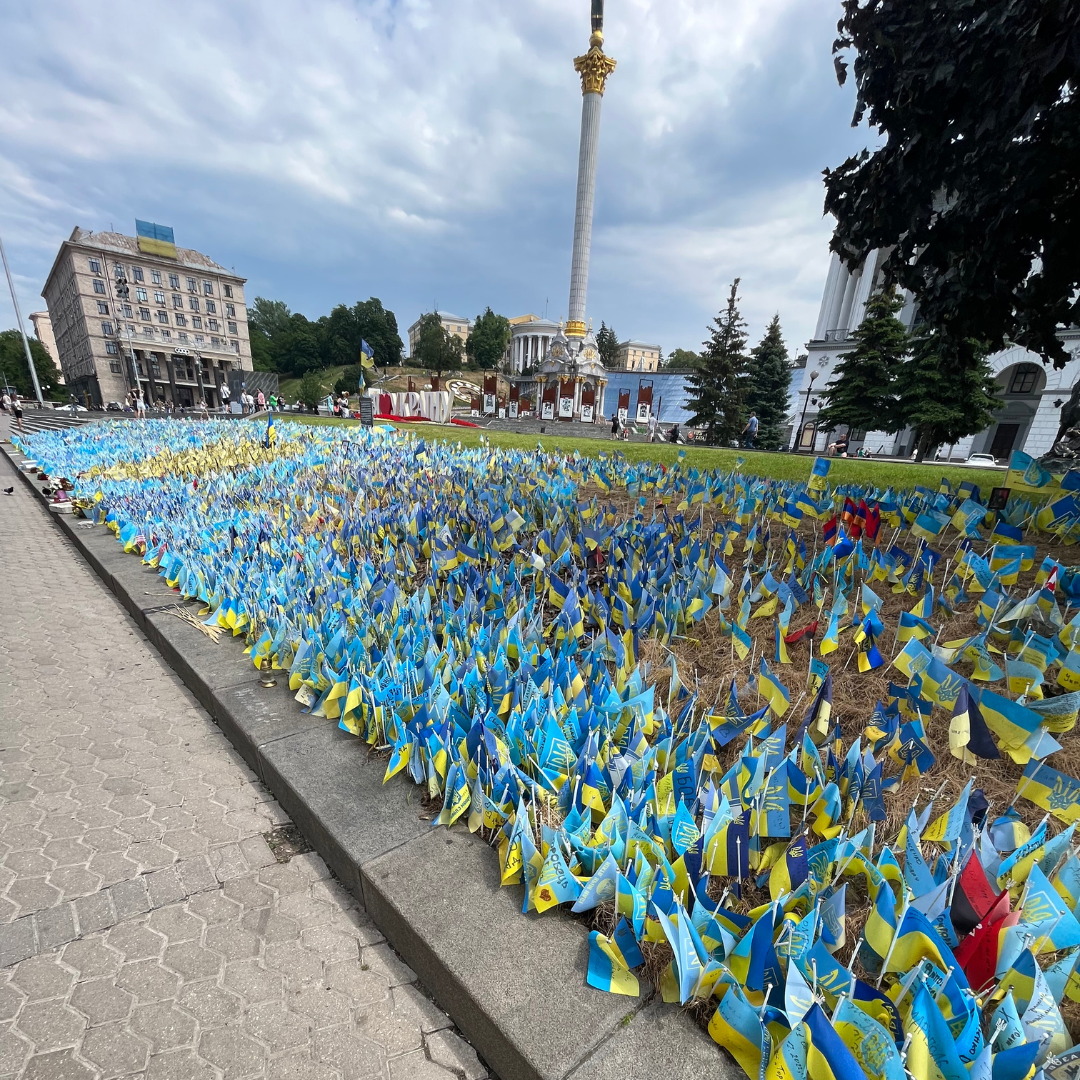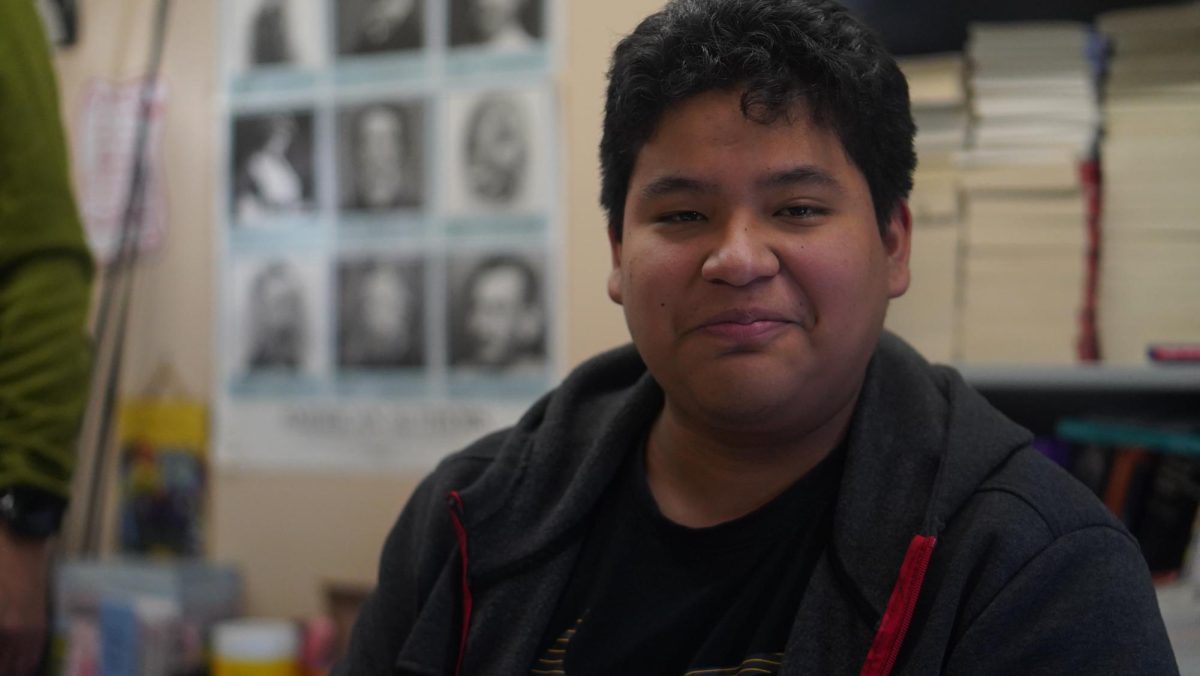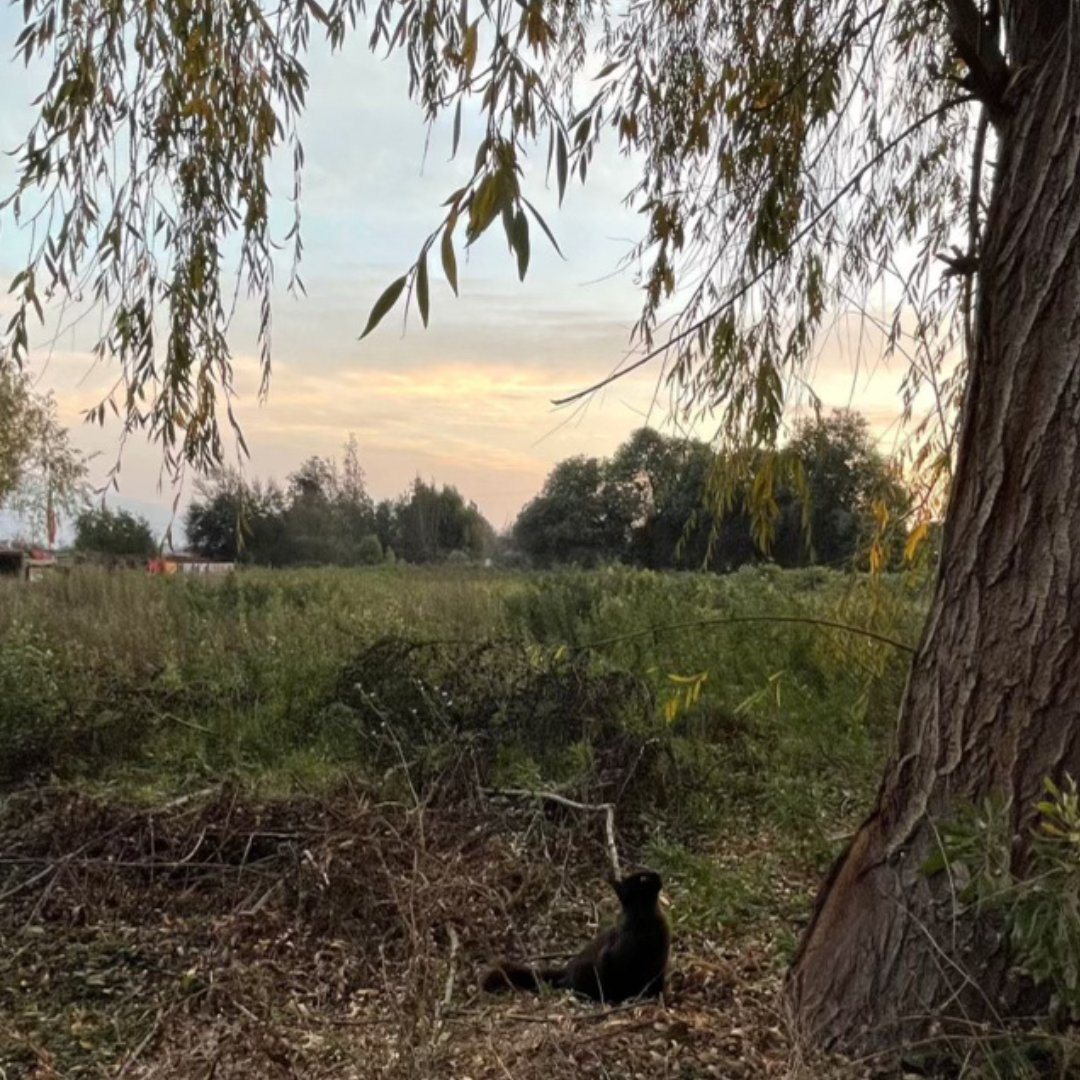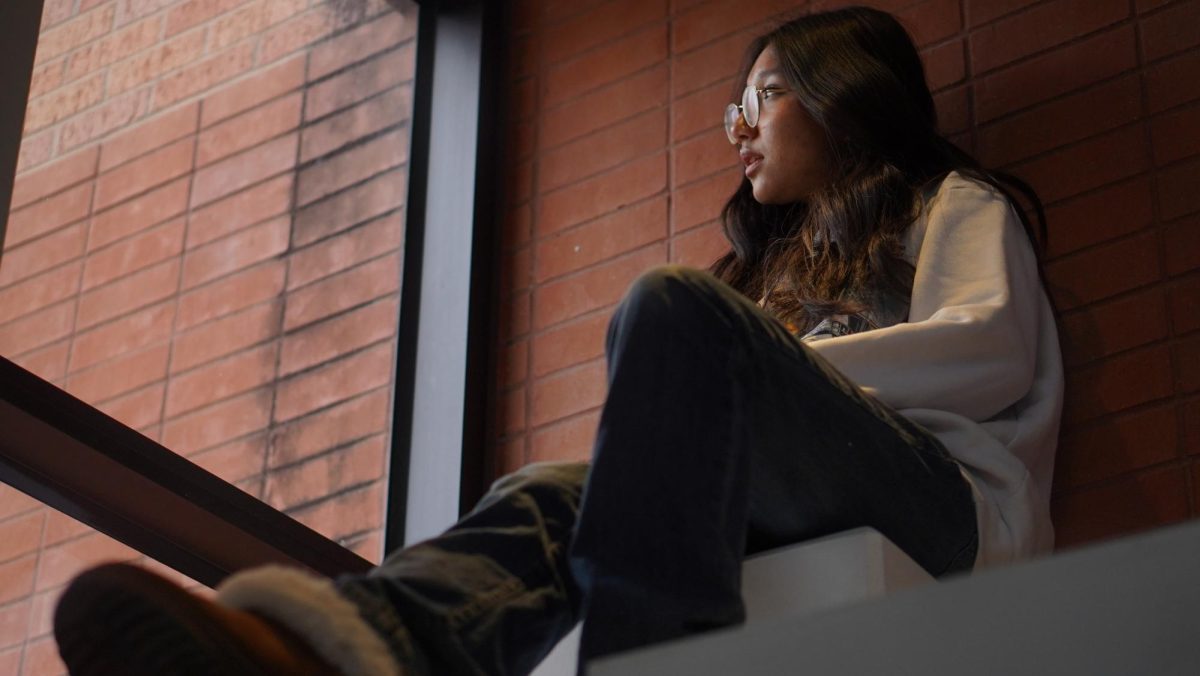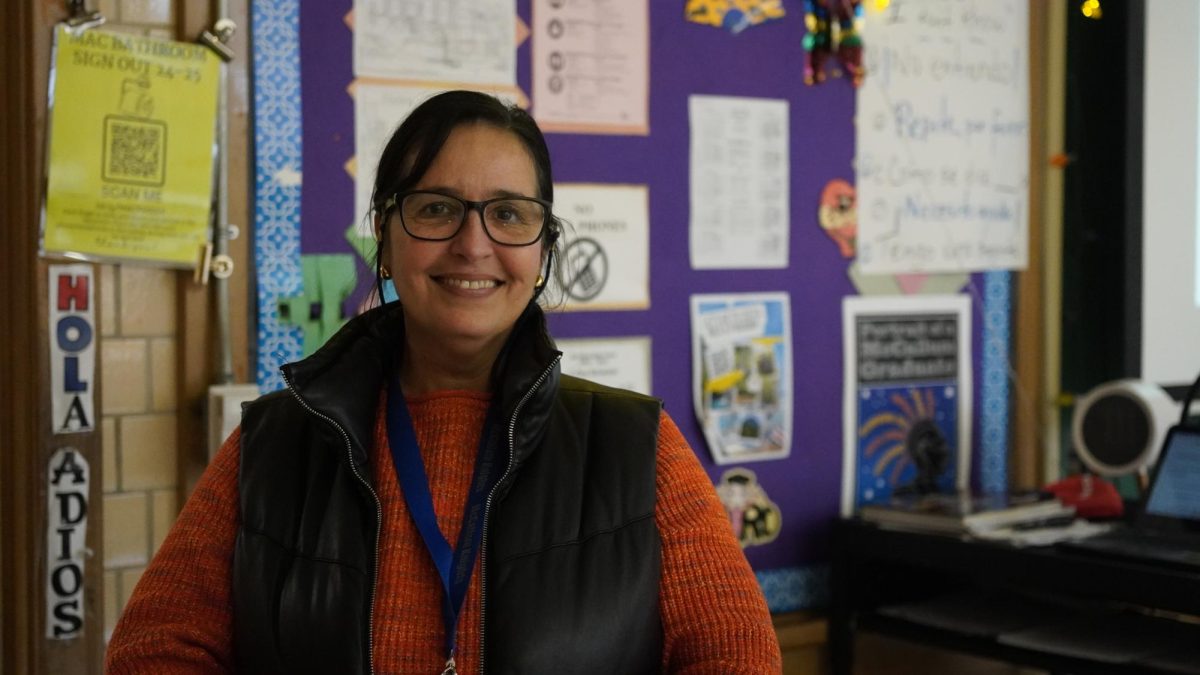Senior Uzma Rahim grew up in Laghman, an eastern province of Afghanistan.
“Life was good there,” Rahim said. “It was a beautiful city. We had a big house and we had a lot of friends.”
In 2021, as the Taliban took over the country’s government, her family made the difficult decision to leave. Her parents and three siblings traveled through several countries, including Germany, before making their way to Austin.
“We thought that the people would not be friendly, … but it wasn’t like that,” she said.
Though finding kind people was a relief, coming to the U.S. was still an enormous change. The family had to find a home, her parents had to find jobs, and Rahim and her siblings had to get settled into school. And they had to do that all in a place they had never been before.
“Everything is different here from our country like the language, people, culture, everything,” she said.
Language posed a big challenge for Rahim and her family. During Rahim’s first week at McCallum, she was met with a misunderstanding between her and her ESL, English as a Second Language, teacher, James Hutcheson.
“When I first came here to this class, Mr. Hutch told me that he wanted to give me an example in present continuous tense,” she said. “When he said ‘walk’ as a verb and ‘walking’ as the present continuous tense, I started walking behind him. It was so funny for me.”
When she first arrived in the U.S. she didn’t know much English, just a few sentences. Using translators ended up being one of her main tools for communication, but sometimes they didn’t quite capture what she wanted to say. Other times, she found she had the words but wasn’t sure how to pronounce them.
“It was very bad because sometimes we wanted to translate a sentence, and the sentence in the translator was the opposite of the sentence we wanted to say,” she said. “It was difficult.”
Now, after being here for about three years, Rahim is starting to focus on college, hoping to become a doctor.
“I’m nervous about how to apply to college and how the classes will be there,” she said. “I haven’t applied yet, but I will. I want to be a doctor. I want to go to medical college. I like that job and helping other people.”
Despite Rahim and her family having been gone from her country for several years, they continue to keep their traditions alive. They cook foods like biryani, wear traditional clothing and celebrate holidays like Eid.
“We want to stay connected to our culture, traditions, and people,” she said.
As a follower of the Islamic faith, Rahim prays five times a day, one of those being at school. She meets other Muslim students in a space in the library to pray.
“I like McCallum because they are letting us go to prayer from the classes,” she said.
Times that Rahim has felt disconnected from others, she says, have nothing to do with where she came from or grew up, but stem from difficulties of navigating the place she is beginning a new life.
“If we are not feeling good that will be from the language, not that we have a different nationality,” she said, “because we are all humans.”



